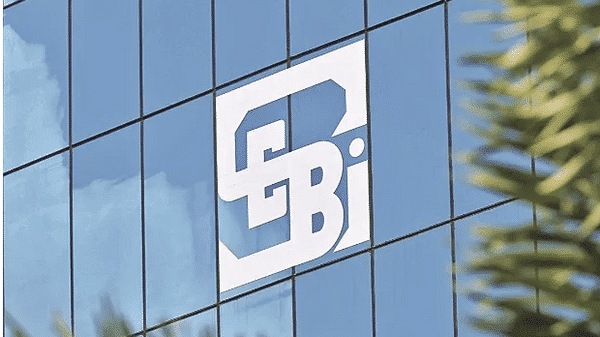Companies want the Securities Board Exchange of India (SEBI) to reverse proposed rules on transactions between group firms, promoters and related entities as they will cause an increase in compliance costs and delay decision making reported Bloomberg.
Also Read | Ujjivan shares hit 52-week low, tank up to 7%
Engineering giant Larsen & Toubro Ltd and industry bodies including the Confederation of Indian Industry want the Indian capital market regulator to remove the mandatory shareholder approval of deals beyond Rs 10 billion ($134 million). Rather, the current rule of 10% of annual turnover should be retained even after the new rules kick in on April 1, 2022.
Also Read | IndiGo shares dip over 3% after co-founder Rakesh Gangwal resigns from board
By the end of 2021, SEBI tightened rules on related-party transactions to control siphoning of funds by founders and ensure better corporate governance. These transactions essentially take place between a listed firm and its founders, entities associated with the owners or with large shareholders.
R Shankar Raman, Chief Financial Officer at L&T said, “The recent proposals announced by SEBI makes compliance quite tedious and complicated, particularly for large companies”.
Also Read | FPIs withdrew Rs 18,856 crore from Indian markets in February so far
“Thresholds should have had a linkage to the size of the company, say in terms of turnover. Approaching shareholders on multiple occasions in the year for approval is not efficient time-wise and business-wise,” he added.
According to the report by Bloomberg, SEBI did not respond to its emails.
Also Read | NSE scam: SEBI can track yogi in 10-15 days says cybercrime expert
The SEBI tightened the rules after alleged irregularities were seen in the case of some companies including DHFL and Fortis Healthcare Ltd.
A working group was formed by the regulator in November 2019 to improve regulatory standards, which are scheduled for implementation from April 2022.
Also Read | Bulk Deals: MCKINLEY bought Mawana Sugars shares, AXIS sold stake in GREENPOWER
According to Gaurav Mistry, associate partner at DSK Legal, SEBI norms on related party transactions are mainly intended to limit cash stripping and to ensure fraud and siphoning of funds can be reduced, but they come with their own practical challenges, especially for large conglomerates.







